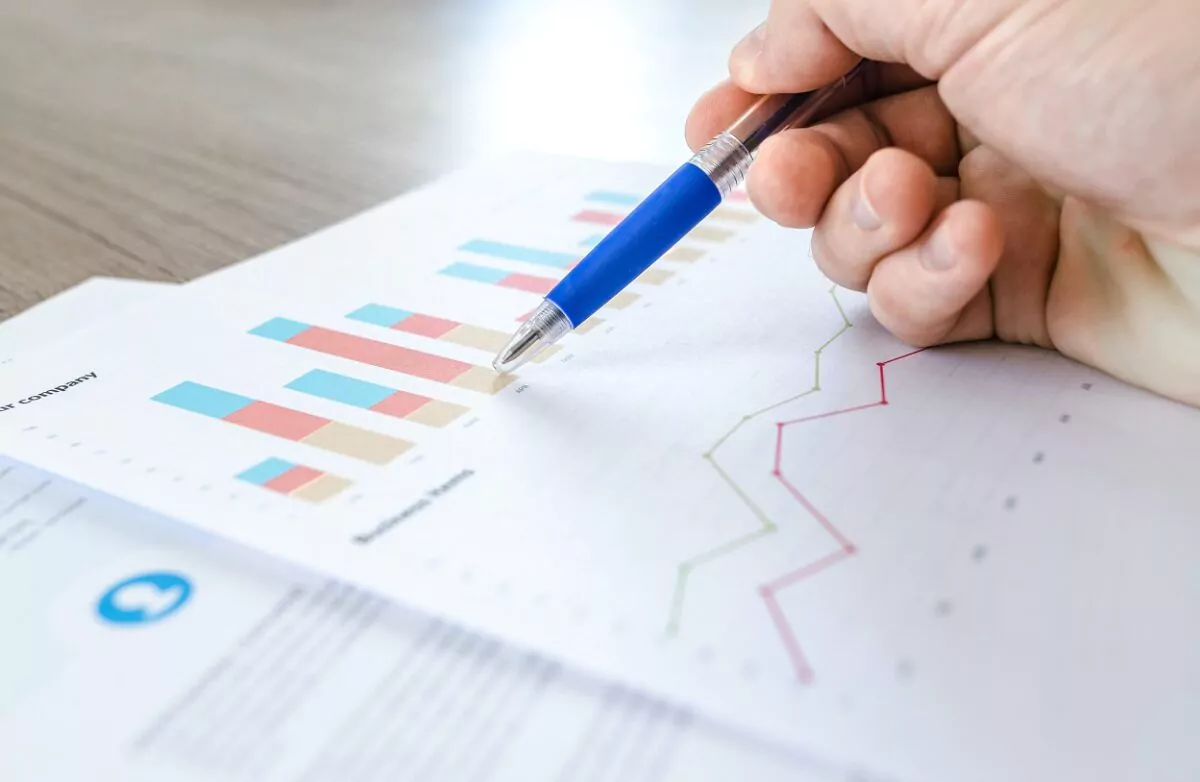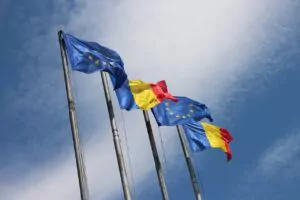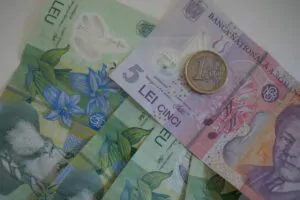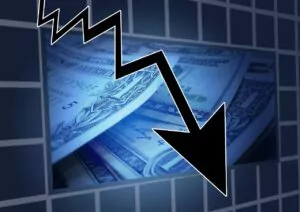The European Bank for Reconstruction and Development (EBRD) has significantly improved its forecast for Romania’s economic performance in 2021, forecasting 7.2% growth this year, compared to a 6% advance as estimated in June, according to a report published Thursday by the international financial institution, Agerpres reports.
Urmărește mai jos producțiile video ale Economedia:
- articolul continuă mai jos -
“Overall, gross domestic product is expected to advance by 7.2% in 2021. In 2022, the Recovery and Resilience Facility is expected to lead to increased investment and a gradual improvement in exports, while the slowdown in private consumption compared to recent years and expected fiscal consolidation could translate into GDP growth of 4.4%. The main risk to this forecast is the evolution of the pandemic, as Romania has the second lowest vaccination rate in the EU,” the EBRD points out.
According to the financial institution, all three EU member states in South-Eastern Europe (Greece, Romania and Bulgaria) are currently experiencing a significant economic recovery after a difficult 2020. The Greek and Romanian economies in particular are experiencing particularly strong economic growth, with Romania’s main growth driver being domestic demand.
However, the EBRD warns that high commodity prices could affect the recovery of economies in its business area. “High prices for natural gas, oil and other raw materials affect the trade balance of energy-importing countries. Many countries are under pressure to offset the burden of high energy costs on low-income households. High energy prices, supply chain disruptions and, in some cases, currency depreciation have significantly increased inflation. This is a cause for concern,” said EBRD chief economist Beata Javorcik.
The latest Regional Economic Outlook report, published by the EBRD on Thursday, argues that high energy prices could provide a test of public support for a greener future. While this support has been strong and growing globally in recent years, in some economies, including Egypt, Lithuania, Kazakhstan, Poland and Romania it is lower than it was in the late 1990s.
According to the EBRD’s latest forecast, economies in its business area will grow by an average of 5.5% in 2021, an upward revision of 1.3 percentage points from the June forecast. In 2022, as economies recover, the pace of growth is expected to moderate to 3.8%. The EBRD points out that this forecast is subject to a high degree of uncertainty due to risks associated with the future direction of Covid-19 infections, possible worsening external conditions and more modest economic growth among major trading partners.
The European Bank for Reconstruction and Development (EBRD) was set up in 1991 to invest in former communist bloc countries and help them make the transition to market economies. In recent years, the EBRD has begun to shift its focus away from the former Soviet bloc towards North Africa and the Middle East.
In Romania, where the EBRD is a major investor, the Bank focuses on financing infrastructure, productivity growth and strengthening the financial sector. To date, the EBRD has invested almost €9 billion in the country’s economy, 76% of which has gone to the private sector.

 Foto: Pexels/Pixabay
Foto: Pexels/Pixabay





























